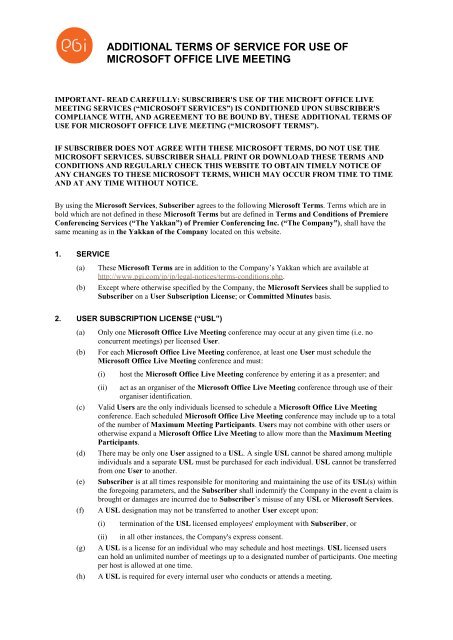

Whether a non-Hong Kong resident person has a PE in Hong Kong within the meaning of a tax treaty or Part 3 of Schedule 17G to the Inland Revenue Ordinance (IRO) (as the case may be) is a question of fact and degree. A different approach may, however, be appropriate if the change in circumstances continues after the public health restrictions are lifted. Generally, such an individual would unlikely become a resident of the host jurisdiction, and even if he did, he would normally remain a resident of the home jurisdiction under the tie-breaker rules in the relevant treaty. As stated in the COVID-19 Tax Treaty Guidance, a company’s place of residence determined by the tie-breaker rules under a tax treaty is unlikely to be affected by the fact that the individuals participating in the management and decision-making of the company cannot travel as a result of a public health measure imposed or recommended by at least one of the governments of the jurisdictions involved.Īn individual may have to temporarily remain in the host jurisdiction because he is prevented from returning to his home jurisdiction as a result of travel restrictions or other public health measures imposed under the pandemic. If a company is considered to be a resident of Hong Kong and another jurisdiction simultaneously, the tie-breaker rules under the relevant tax treaty would need to be considered to determine the jurisdiction where a company is regarded as a resident for the purposes of the treaty.


In assessing the company’s residence status, the IRD will take into account all relevant facts and circumstances. The IRD does not consider that such a temporary change during extraordinary time would in itself alter the tax residence status of a company. Restrictions on international travel due to the pandemic may give rise to a change in the locations where senior management hold their meetings or conduct the business of an enterprise and concerns have been raised about the effect of such change on the tax residence of a company. The treatment for each case will be determined on its own facts and circumstances. It has to be stressed that the views expressed below are for general information only. These Guidances should be read together with the Commentary on the Model Tax Convention on Income and on Capital (MTC) and OECD Transfer Pricing Guidelines for Multinational Enterprises and Tax Administrations. It will be noted that the IRD’s approach in relation to the tax issues is generally in line with the Updated Guidance on Tax Treaties and the Impact of the COVID-19 Pandemic (the COVID-19 Tax Treaty Guidance) and Guidance on the Transfer Pricing Implications of the COVID-19 Pandemic (the COVID-19 Transfer Pricing Guidance) released by the Organisation for Economic Co-operation and Development (OECD) in January 2021 and December 2020 respectively, to which further references may be made. The Inland Revenue Department (IRD)’s general approach to these issues is set out below. Such changes also give rise to certain tax issues, including those relating to tax residence of companies and individuals, permanent establishment (PE), employment income of cross-border employees and transfer pricing. The COVID-19 pandemic has caused significant disruptions to people’s lives, resulting in changes to the ways in which businesses operate and the locations where people work.


 0 kommentar(er)
0 kommentar(er)
